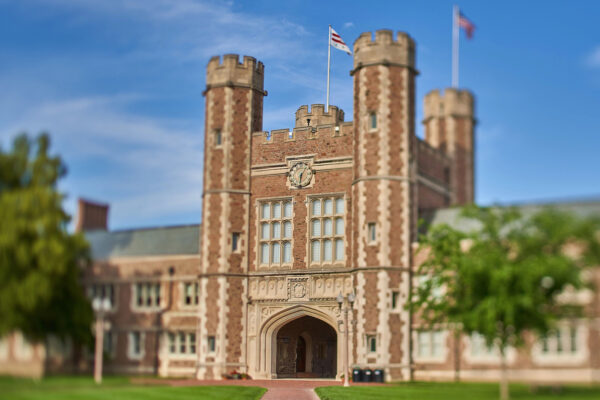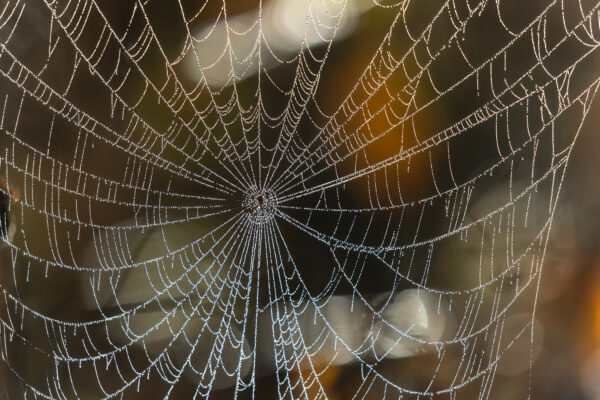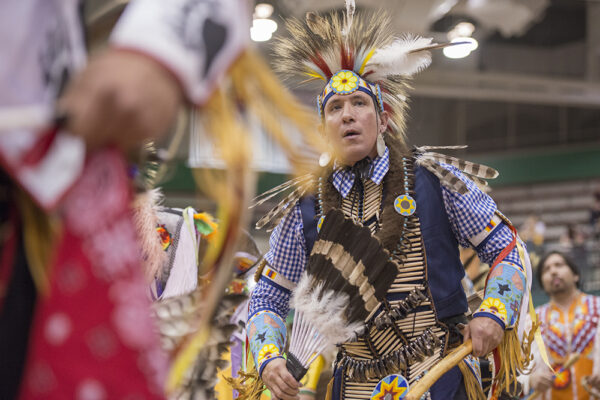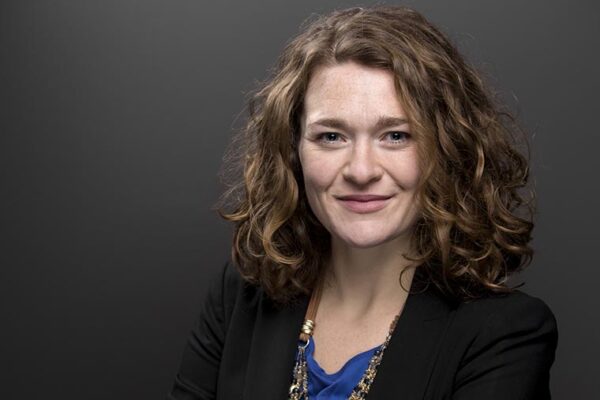Engagement on anti-racism, diversity and inclusion
Washington University is partnering with the National Academies of Sciences, Engineering, and Medicine in its efforts to stimulate cultural change and support inclusive excellence in science and technology fields and is hosting a day of activities May 3 on the Danforth Campus.
Commission presents venture capital funding gap solutions
The Olin-Brookings Commission — a partnership between WashU’s Olin Business School and the Brookings Institution supported by The Bellwether Foundation — presented evidence-based solutions to drive more equitable venture capital funding for women and underrepresented entrepreneurs to key stakeholders on Thursday, April 20, at the Brookings Institution.
Washington University Statement on Transgender Center
Upon learning of the allegations published in The Free Press on February 9, we immediately launched a comprehensive and in-depth assessment of practices and care provided at the Washington University Transgender Center at St. Louis Children’s Hospital.
Faculty named to American Academy of Arts & Sciences
Four faculty members of Washington University in St. Louis were elected members of the American Academy of Arts & Sciences, the academy announced April 19. They are Jean Allman, Scott J. Hultgren, Tristram R. Kidder and Lilianna Solnica-Krezel.
Synthetic biology meets fashion in engineered silk
Fuzhong Zhang, at the McKelvey School of Engineering, developed a method to create synthetic spider silk at high yields while retaining strength and toughness using mussel foot proteins.
Sleeping pill reduces levels of Alzheimer’s proteins
An FDA-approved sleeping pill reduced levels of Alzheimer’s proteins in a small study of healthy volunteers led by School of Medicine researchers. The study hints at the potential of sleep medications to slow or stop Alzheimer’s progression, although much more research is needed regarding such an approach.
‘Pushing the boundaries’
The Sam Fox School will present WashU’s 94th Annual Fashion Design Show April 22 in Holmes Lounge. One of the oldest such shows in the nation, the event will feature dozens of models wearing scores of outfits that together explore the intersection of clothing and culture.
Mind-body connection is built into brain, study suggests
A new study by researchers at the School of Medicine reveals that a connection between the body and mind is built into the structure of the brain.
Annual Buder Center Powwow April 22
The 32nd annual Powwow, sponsored by the Brown School’s Kathryn M. Buder Center for American Indian Studies, will begin at 10 a.m. Saturday, April 22.
Noémi Neidorff pledges to establish endowed professorship in Arts & Sciences
The inaugural recipient of the Kornitzer Distinguished Professorship will be Diana Z. O’Brien, a professor of political science in Arts & Sciences. She will be formally installed in a ceremony this fall.
View More Stories









